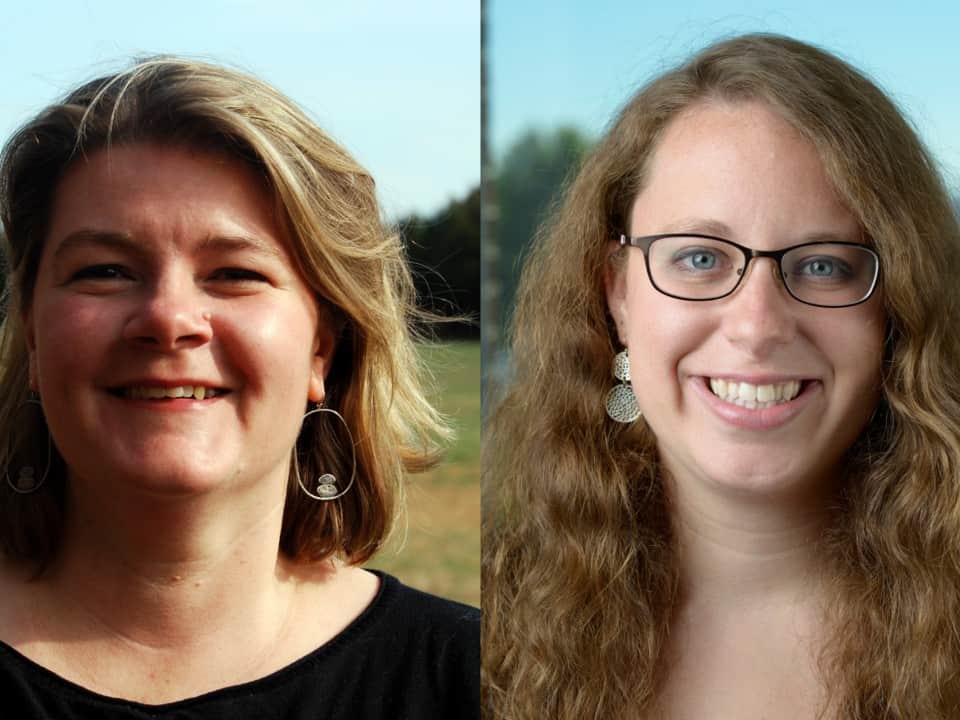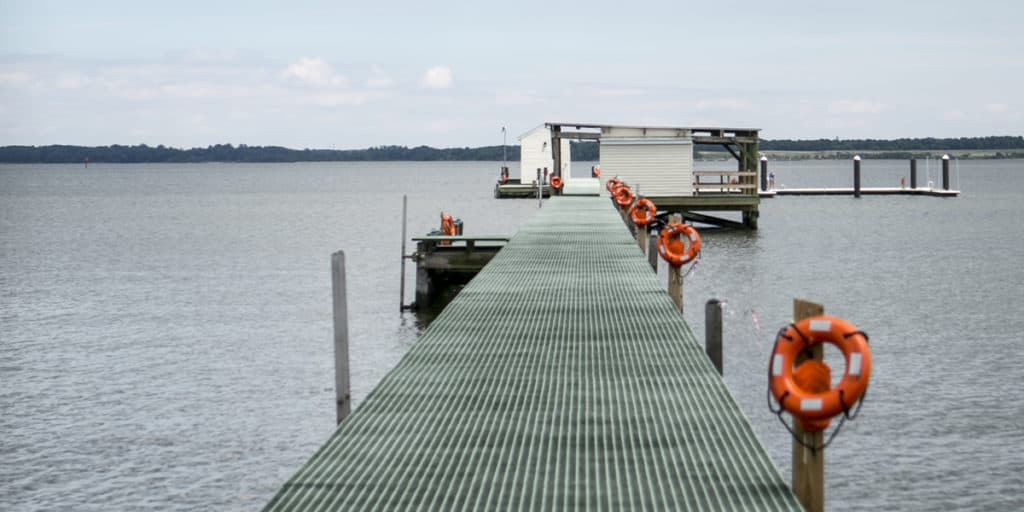A couple of researchers at Chesapeake Biological Laboratory in Solomons have been tapped with a major honor—and a vehicle to continue their research.
University of Maryland Center for Environmental Science (UMCES) Associate Professor Lora Harris and Ph.D. candidate Christina Goethel have been named Fulbright Scholars for 2021-2022.
The prestigious Fulbright Scholars program is the U.S. government’s international educational and cultural exchange program, in partnership with 160 other countries. The scholars are selected for their academic merit and leadership potential.

The scholarships give awardees the opportunity to “study, teach and conduct research, exchange ideas, and contribute to finding solutions to important international problems.” 60 have gone on to become Nobel Prize recipients, and 88 have been Pulitzer Prize winners.
As for the UMCES researchers, Associate Professor Lora Harris will use her award to work in Finland studying estuarine ecology, applying her research on restoration successes and challenges in the Chesapeake Bay to the Baltic Sea.
Harris is a marine scientist whose research focuses on how climate and management actions interact to affect water quality, including submerged aquatic vegetation (SAV) and marsh plants, as well as how low levels of dissolved oxygen create challenges for restoration.
She will work at Tvärminne Zoological Station, a laboratory of the University of Helsinki, during her four-month exchange.
Goethel will use her award to support post-doctoral research and teaching in Iceland. For her Ph.D., she has been studying the effects of climate change on animals that live on the sea floor in the Bering and Chukchi Seas with support from UMCES professors.
Her research has connected changes on the sea floor with Arctic animals such as walruses and several species of diving ducks, or eiders, which indigenous communities count on to survive.
Now, she’ll get to study another part of the Arctic Ocean. She will teach courses at the University of Akureyri in northern Iceland on the importance of international and Arctic resident community scientific collaborations across the entire Arctic.
“These two awards exemplify the impacts that the University of Maryland Center for Environmental Science has on our local community, the state and the globe,” said Professor Tom Miller, director of UMCES’ Chesapeake Biological Laboratory, home base for Harris and Goethel’s research. “We are so proud of these amazing researchers.”
-Meg Walburn Viviano




